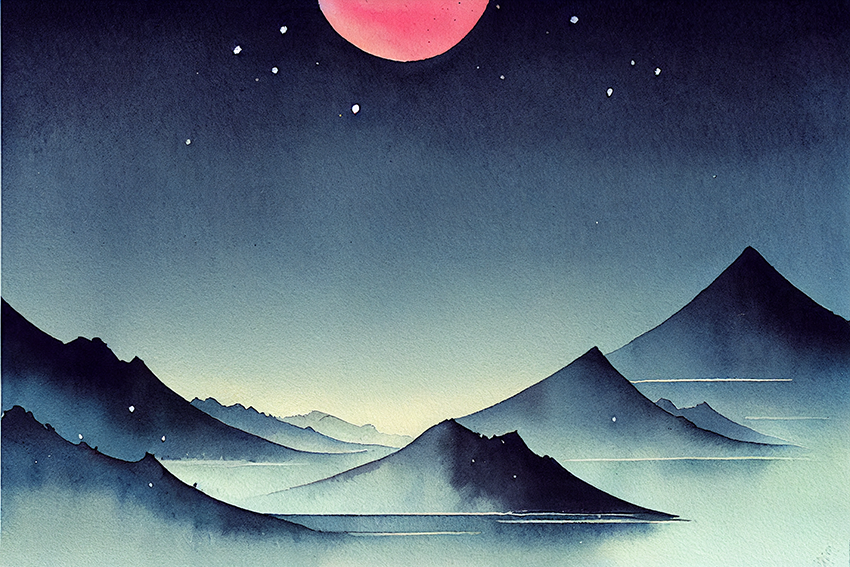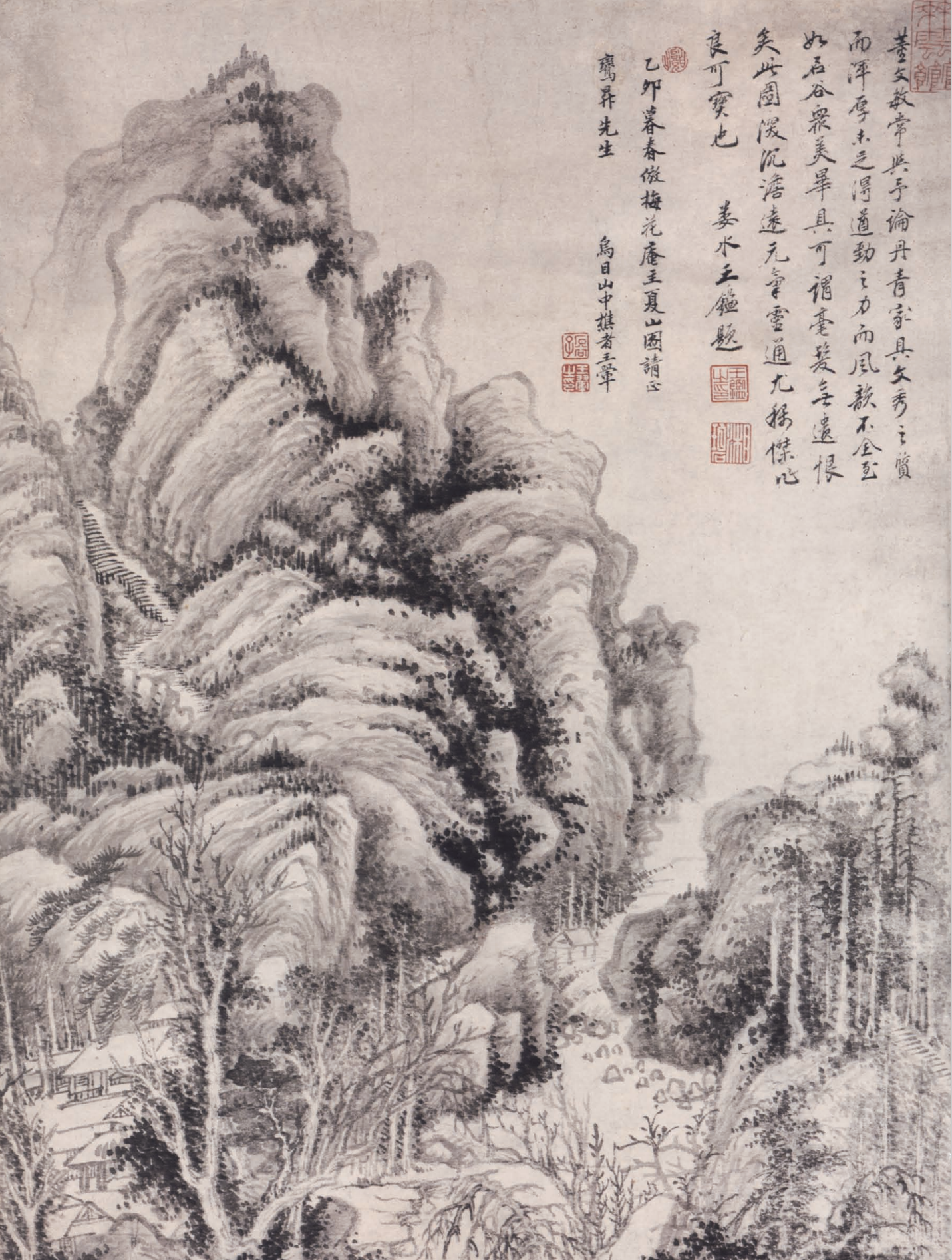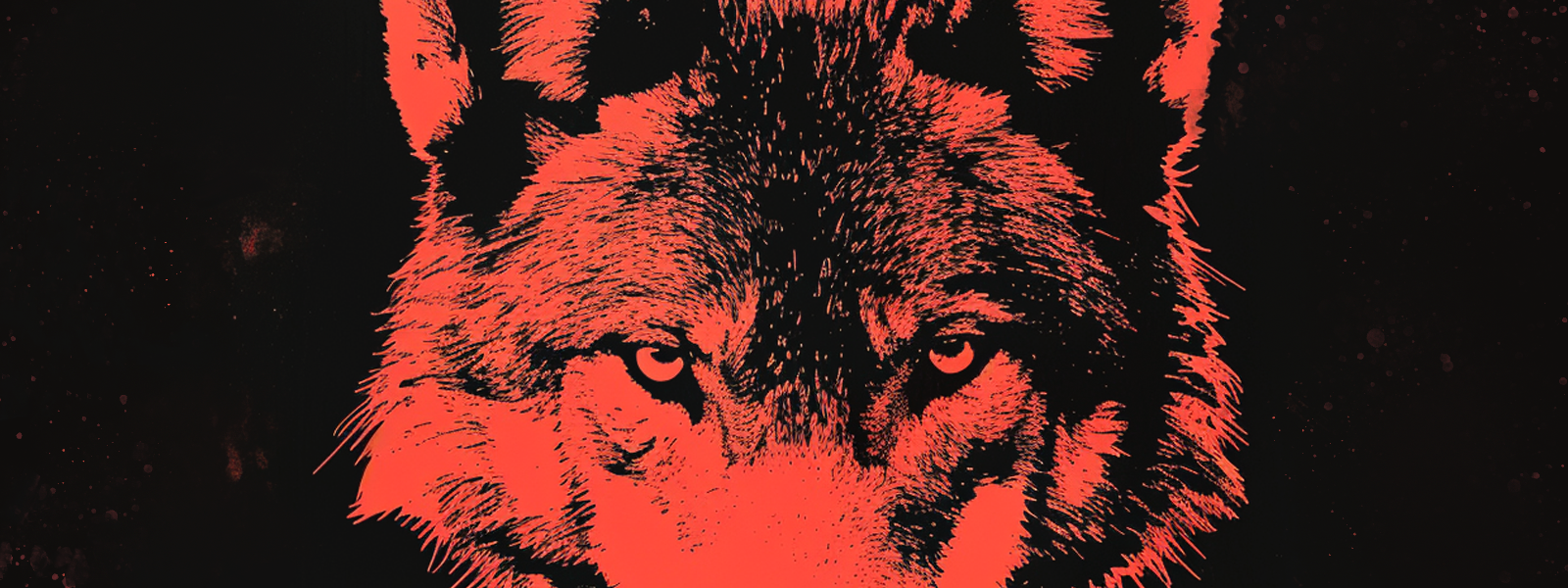Be But a Speck of Dust: The Power of Being Small

If someone asks
my abode
I reply:
“The east edge of
the Milky Way.”
Like a drifting cloud,
bound by nothing:
I just let go
giving myself up
to the whim of the wind.*1
Where is my home? Is it in my house? Is it the county? Is it Thailand? Earth? The solar-system? The galaxy? The universe? When I was younger, I had a long checklist for "home." Ok, I wasn't going around with a clipboard and a sheet of paper checking off boxes. It was more an unconscious standard which I measured each place with. At some points, it went like this:
- Deep forest.
- Almost no sounds of cars.
- Few people.
- Everyone there must be smart and hardcore practitioners.
- A teacher that I respect and click with must live not too far away.
- No extravagant buildings. Shacks, bamboo platforms, and shoddy salas are the limit.
- No more than an hour of cleaning/manual work per day.
- 10+ hours of meditation.
- A nice walking meditation path...
I could go on, but I think you get the point: I had a buncha musts. What's worse is that this list changed over time. What I defined as a qualified teacher changed. How much meditation I needed changed. Even the number of acceptable companions changed. It got to the point that the only number of companions I'd accept was 1: me. And, ohhhhhhhhh, how I'd piss and moan when I didn't check off nearly all of the boxes.
I sometimes got so fed-up with things that I'd march off into the woods and fast for a few days just to get out of the intolerable conditions that I was living in. It's all very silly, but at the time it was deadly serious. This was, after all, the great matter of life-and-death. If I didn't achieve nirvana while I had this precious human life, who knew how many more lifetimes I'd have to suffer before I even got another shot - let alone succeeded. Samsara sucked and I was gonna rush outta this hot mess now.
In hindsight, though, that earnestness was driven by an inner mantra: "I hate this place. I hate myself. Run away!" I wasn't at home in the world of birth-and-death, nor in my little temple in the Thai countryside, nor even, at times, in the mountain cave I sometimes called home. I wasn't at home with myself. Instead, I was miserably homeless.
After a decade of smashing my head against this wall, I realized that I was being a doofus. I tortured myself while I swept the leaves, resentful of my time wasted on such frivolity. I resented my teacher for all of his little foibles, including extremely despicable things like speaking too long with lay people, not meditating enough, not explaining enough, or being too jovial. And I despised the whole samsara thing. Then I began to wonder, what's so bad about this mess? And why such eagerness to escape it?
Perhaps I'm just fooling myself by feeling at home in this world of falling flowers. Or perhaps I've recognized that my home is here, somewhere on the east edge of the Milky Way. Or perhaps something else altogether.
And though it might be pleasant to daydream about drifting on the galaxies edge, what good does that really do? It might inspire some to hatch an escape plan. Or it might just be a nice distraction from the pressures of life. But is that really what I want? No. I want lasting freedom, not jaunts. And that's where practice comes in.
Above, Ryokan strikes a poetic tone, but the freedom he offers a taste of is real. It echoes the Chinese landscape paintings that were a part of that same ethos.

That sense of being just a speck in the midst of an infinitely large universe. Both Ryokan and Wang Hui were careful not to annihilate their presence. It wasn't that there's no Ryokan or no mountain village, but that both are set within the vastness of nature. That sense of vastness and freedom is sometimes stumbled upon in moments of beauty - sitting on the beach, feeling the warm sand under my thighs, the cool air brushing across my cheeks and lips, watching the sun slowly sink into the waves. But it need not be limited to rare, fleeting moments while on holiday. It can also become a feature of one's day-to-day life, felt as strongly when mopping the floors or waiting in line at the grocery store as on the beach. When that sense becomes a feature of life, rather than a capricious guest, freedom blossoms.
There are many ways to get in touch with that vastness and freedom, but I'll mention two that are near-and-dear to Ryokan's own heart and my own:
1. Enjoying Nature. Ryokan used to spend hours gazing at flowers or listening to the autumn leaves fall. We needn't go to that extreme, but do spend time out in nature simply enjoying it's beauty. Allow yourself to be captivated by a spider web or the way a branch bounces when a sparrow lands on it. Notice the shapes of the clouds and how they rush or crawl across the sky. As we start to notice more stuff around us, our world expands, the borders between self-and-other soften, and a sense of life's grandeur begins to take root.
2. Just Resting. This isn't meditation. Instead, it's more akin to taking a bath in the present. Grab a cup of coffee, sake, or nothing and cozy up in a relaxing place. Then, let yourself go. If you want to listen to the birds or traffic, listen. If you want to think about work or a nagging problem in your relationship, think. But do it gently and allow yourself to slowly be drawn further into stillness. Like a lake with turbid waters, as this moment draws to a still, the more fully you can appreciate its depths.
And with the newfound experience these practices offer, may we find ourselves
Like a drifting cloud,
bound by nothing:
we just let go
giving ourselves up
to the whim of the wind.
References:
- Stevens, John. Dewdrop on a Lotus Leaf: Zen Poems of Ryokan. Shambhala Publications, Inc, 1993.
- Fong, Wen, et al. Landscapes Clear and Radiant: The Art of Wang Hui, 1632-1717: Exhibition, the Metropolitan Museum of Art, New York, from September 9, 2008, through January 4, 2009. The Metropolitan Museum of Art, 2008.
